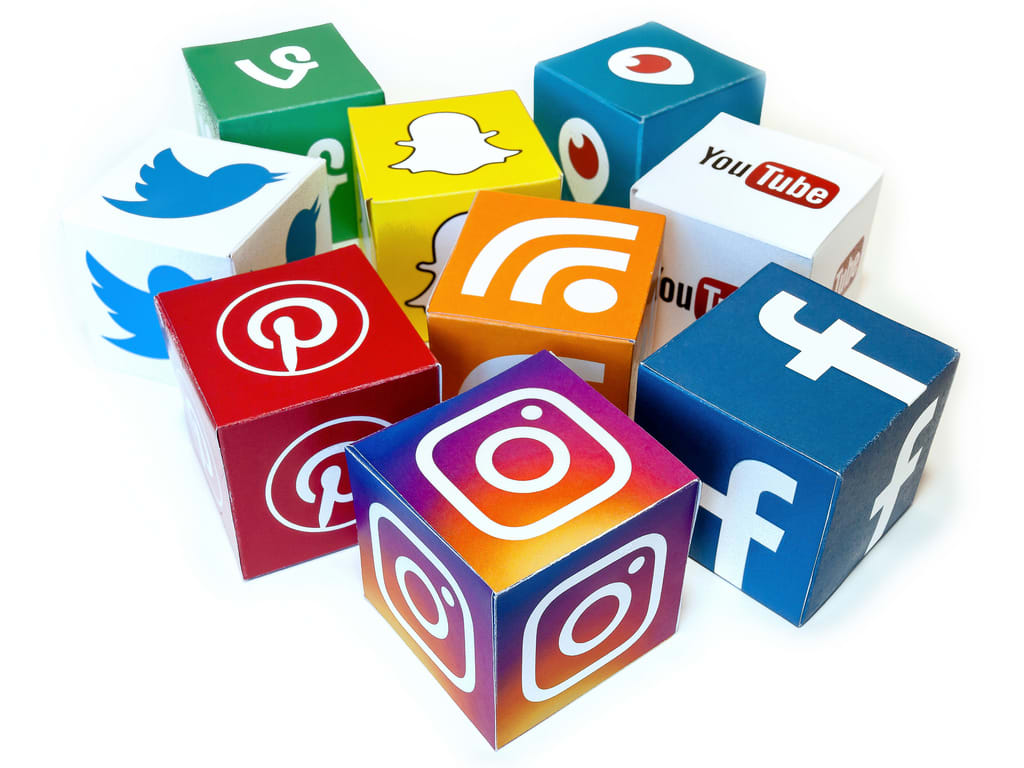The Effects of "Likes"
Liking is the online form of word of mouth.

Generation Like,a documentary on the effects of "likes" on our generation and our world, investigates the effects of social media on millennials and how they interact with content and other people. It also focuses on how companies are using this information to sell their product, whether it is a movie, show, person, brand, or physical product. Here I will look at those effects, activities, reactions, and the ethicality of millennial’s and company’s use of social media and the drive for likes and how that effects you.
Why are likes so important?
When using social media, the likes we receive give us feedback on the content we are putting out there. The more likes you get the more validated you feel in your beliefs. Liking something is a powerful thing, it makes it part of who you are as a person. You become a fan of that thing which then becomes part of your identity. If you get a lot you feel good about yourself.
One of the reasons video bloggers are so successful is not just because they are bringing in likes, it’s what they do with them. Likes are digital currency. They can use those likes and subscribers to gain endorsements and to influence their followers. The more likes they have the more of an impact they can make. Businesses are seeing the power they have and learning to use the same techniques for themselves.
How businesses are using this to their advantage.
Companies are using the power of social influence and acknowledging the persuasive power of the people you know. They do this by empowering consumers of their media to take it a step farther and input themselves into the narrative, serving as opinion leaders by sharing and liking a company’s content and by creating new relevant content. In this way, fans of any given thing convince each other of how awesome something is and recruit new fans at the same time. This causes a constant “brushfire” of activity.
Movie promotions are a good example of this technique. The Hunger Games offer rewards to its fans for interacting with its site and social media. These can range from prizes to acknowledgement depending on the company. For Hunger Games fans they are competing for the #1 Fan position listed on the movie’s website. In this way companies are able to use the fans to sell their product or service. As Generation Like says, “The idea is to get the audience to sell the product for them.” The reason this works so well is because the consumer wants to be part of what is going on as much as they can. They are willing to market for something they like or believe in because they are then associated with it. “When a kid likes something and that things likes her back other kids notice and then they like her too.” This association leads to a more positive experience which then keeps the circle turning as more people like what they see. We become famous by association. When we associate or feel connected to something or someone then we feel good when it is succeeding or vice versa. We are basking in reflected glory.
Ethics
Bonin Bough, marketing expert, tells us that, “this is the biggest transformation we’ve had in terms of communicating with consumers in our lifetime.” Every company must learn in this day and age how to play the game. But is that game which businesses play with consumer’s brains ethical? They are knowingly manipulating the reactions of their followers with the intent of benefiting themselves. But if a fan already likes something and wants to be apart of what you as a company are doing, you are just letting them, right? Giving them the right incentives and tools to keep that fire alive. Is the use of social influence and the fan’s desire to like and share their favorite content unethical? I would argue that it is not. Yes they are putting the content out there and offering the incentives but if the people did not “like” it, then it would have no effect and simply be content gasping for someone to validate it.
Millennials are using people’s attention and their need for entertainment to generate likes. The viewers often wish to live the life they see. The ones that know how to manipulate these numbers, the amount of views and likes they generate, are able to turn them into profits. Danielle Danikinzz’s mother made this evident when she explained how a picture of her daughter that showed her entire body would receive more likes than a headshot. Tyler Oakley pointed out how he was viewed as much more relatable and approachable than one would view a celebrity as being, despite the fact he has just as many followers as some. He uses this to involve fans. Once again generating more traffic and likes. They are manipulating their viewers into ‘paying’ them more with their likes. Once again I would argue that this is ethical. Using your knowledge of trends and your views to improve your image is simply good business.
About the Creator
Savannah White
Hi everyone! I enjoy riding horses and vintage shopping. During my leisure time I love going to museums or reading a book. My favorite genres are spy and mystery novels. Find me on Instagram @vintagescarlettvixen






Comments
There are no comments for this story
Be the first to respond and start the conversation.